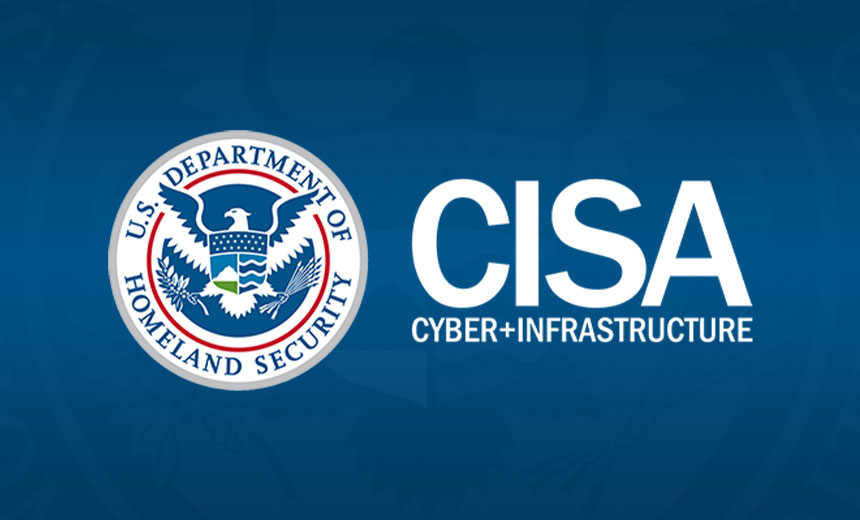Introduction
In a time where cyber threats are escalating and digital infrastructure is under constant siege, the news of a mass workforce departure from the U.S. Cybersecurity and Infrastructure Security Agency (CISA) is raising global alarms. Reports indicate that nearly one-third of CISA’s workforce—approximately 1,000 employees have exited due to early retirement offers and proposed budget cuts. This development doesn't just impact the U.S, it sends ripples across the global cybersecurity landscape.
What Happened at CISA?
CISA, the lead federal agency responsible for defending critical U.S. infrastructure from cyberattacks, has seen a significant staff reduction following political and fiscal pressures. Many of the departing staff include cyber defense experts, threat hunters, and analysts who have been on the frontlines against state-sponsored and criminal cyber groups.
With this exodus, questions are being raised about CISA’s future capacity to detect and respond to sophisticated attacks.
👉Read an article on this on silicon ANGLE
Why This Matters Globally
Cybersecurity is not confined by borders. CISA plays a collaborative role with many international agencies and private sector players, sharing intelligence, responding to incidents, and hardening global digital infrastructure.
1. Weakening a Global Partner
- CISA is often involved in international threat intelligence coordination. Its reduced capacity can affect early warning systems and cooperative defense measures.
2. Supply Chain Impact
- If U.S. infrastructure becomes vulnerable, global supply chains, including digital services, logistics, and cloud infrastructure, face increased risk.
3. Signal to Threat Actors
- Nation-state actors and organized cybercriminals may see this as an opportunity to intensify their campaigns while defenses are low.
Lessons for Kenyan and African Organizations
1. Cybersecurity Talent is Non-Negotiable
- Skilled professionals are the first and last line of defense. Businesses and governments must invest in nurturing, training, and retaining cybersecurity talent.
2. Don’t Rely on External Shields
- While international partnerships are important, your defenses must be strong and localized. Assume breach and build resilience accordingly.
3. Keep Leadership Aligned with Risk
- Budget cuts that affect security programs often come from the top. Cyber leaders must effectively communicate risk to decision-makers.
4. Prepare for Regional Coordination
- Africa needs its own strong cyber alliances and information-sharing mechanisms to reduce dependency on global bodies.
Conclusion
The news of CISA’s workforce crisis is a stark reminder of how fragile our digital defense systems can be, even at the highest levels. For nations and businesses across the world—including here in Kenya, the takeaway is simple: cybersecurity cannot be compromised. People are your greatest defense, and resilience begins with retaining that talent.

Comments (0)
No comments yet. Be the first to comment!